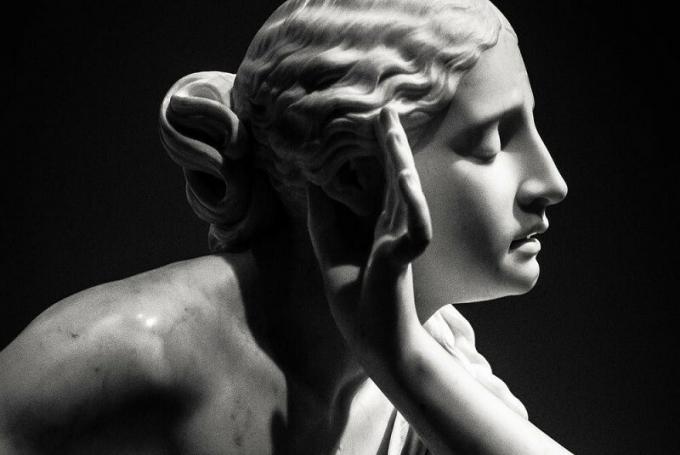The 4 Laws of the Unconscious
He already invited us Jung to think: “Until we make what you carry in your unconscious conscious, the latter will direct your life and you will call it destiny”.
The unconscious encompasses a high portion of our central system. It is responsible for the complex fact of being alive; imagine if not when through the unconscious you breathe, swallow, blink, your cells, your digestion is processed and all the automatic vital functions are on behalf of the unconscious. The act of breathing is the same one that connects you directly with life and with the vibration of oxygen; an act that connects us with the present, leaving it in the unconscious is losing the magic of living.
- Related article: "Parts of the Nervous System: functions and anatomical structures"
What do we find in the unconscious?
We are distracted and that is the primary function of the mind; keep ourselves as distracted as possible so as not to deal with our history, of our truth and enter into a purpose of freedom.
Therefore, we must be more awake so that we have the pleasure of living in the present. The unconscious performs thousands of functions at the same time, and its processing capacity is 20 million cycles per second compared to the 40 cycles per second of consciousness, the latter a reference in terms metaphysical
Furthermore, the unconscious is responsible for habits and behavior patterns that we execute repeatedly, a reason that explains the cyclical responses that we assume, cycles of suffering that only end when you allow yourself to transcend consciousness.
But... what do we find in the unconscious? Its main elements are:
- The forgotten: it is not lost, it is saved, it can be temporary or definitive.
- The repressed: that which we reject and that we do not assume as our own.
- The complexes: mental states of learning that manifest with loss of personal value.
- The creative or vocational: all latent abilities and talents are housed in the complex universe of the Unconscious.
Accessing unconscious information allows us to trigger ourselves and live a life in fullness. We can access this through dreams, meditation, silence, Socratic dialogue and maieutics, and so many ways that lead us to introspection.

- You may be interested: "The 15 types of attention and what are their characteristics"
The laws of the unconscious
The laws of the Unconscious are the following.
1. it's timeless
Namely, for the unconscious there is no past and future, the unconscious moves in a continuous present, for him everything is happening here and now, it is for this reason that when you are a child and you experience the feeling of abandonment; It is the same sensation that the adult experiences, every day until resignifying and replacing the perception that generates suffering for a more compassionate one.
2. Innocence
The unconscious has no judgment or discernment, there is no good or bad, neither does he identify the jokes and record everything that seems relevant to our survival without making a logical or rational analysis. It records all kinds of beliefs and assumes them as real.
3. Uniqueness
For the unconscious we are all one, the other represents a reflection of ourselves.
4. Symbolism
The unconscious is symbolic, that is, does not distinguish between what is real and what is imaginary or virtual. Rituals, ceremonies and representative and symbolic acts work perfectly with the unconscious, since through them we speak in its own language.
- Related article: "History of Psychology: authors and main theories"
How to reveal the best kept information in the Unconscious?
There are many ways to get closer to the truth. Dreams, dream language, is pure representation of unconscious information; That is why it is very useful to keep a diary or memory of dreams. It is possible that today we do not understand the manifesto or the symbology of this information, but it will start to make sense as we open Pandora's box: Awakening.
Through symbolic acts, we deceive or hack our system, replacing situations that cause us discomfort with ones of greater care through the symbolic act of visualization; let us remember that the unconscious does not recognize between the real and the imaginary, that is why everything you believe you create at the unconscious level and this ends up becoming your truth and materializes in your reality.
The challenge is to silence our system to purify the mind, which is responsible for our constant distraction. How do we “mute” our mind? Techniques such as meditation, silence, art-therapy, visualization, among others, facilitate the management of the mind.
introspection It is the technique that brings us closer to the truth itself in an explanatory way. This is why in psychotherapy the Socratic method is necessary so that through maieutics the consultant can clarify the truth about him.
